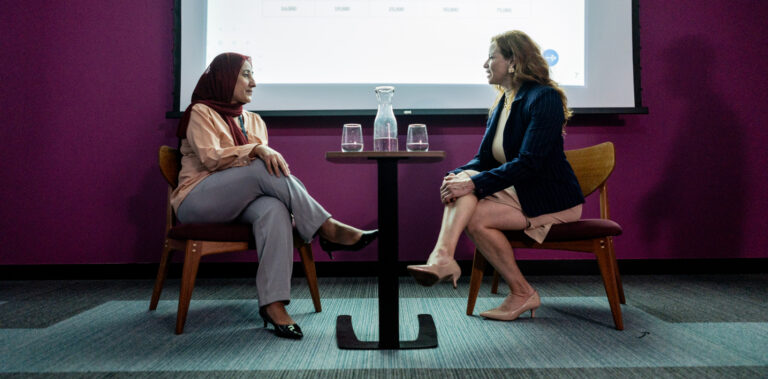Look me in the ‘I’s’

Sandra Davis looks at ways of saying sorry when the beautiful game got ugly.
Football – or soccer – hit the headlines in late April for all the wrong reasons. The involvement of the six top English teams in the proposed ‘European Super League’ united EVERYONE else in the UK in opposition.
All six teams have withdrawn. But what they have said has varied. When it came to apologising, John W Henry, owner of Liverpool FC, was top of the league. Why?
First, he issued the apology not just as a statement, but by using video. We know that video content has a far higher traction in social media (posts on social media that include faces are 38% more likely to receive likes, for example). However, getting attention was never the challenge here – the apology on Twitter had over 4 mn views within 24 hours. Sounding sincere was vital.
What was striking about John W Henry’s apology was his use of pronouns. In only two-and-a-half minutes he used ‘I’ eleven times, making it absolutely clear that his apology was personal. He also used ‘you’ and ‘your’ four times, talking directly to the people. He wasn’t hiding behind his board, his management team or a corporate structure.
He was conversational in style and empathic in delivery. He stressed the innocence of the manager and the players. He fully acknowledged the mistake and used emotive language, talking about what he dreamed of when he bought the club and the Liverpool ‘football family.’
His delivery was measured, an indication of the thought that had gone into his message. His physical stillness and grave facial expression gave the apology an appropriate level of solemnity.
The bottom line… viewers might believe that John Henry means what he said.
Now compare that to the initial response from Tottenham Hotspur. A written statement from Chairman Daniel Levy refers only to the ‘anxiety and upset caused’ and seeks to justify the decision to join the Super League in the first place. The only pronoun he used is ‘we,’ distancing himself as far as possible from the apology he made and those to whom he was apologising.
His language was cold and corporate in style and focused on finance issues. The statement was more of an explanation of events and an attempt at a justification to have joined the ESL, rather than an apology.
The bottom line… readers are left to wonder if Daniel Levy really is sorry, and if so, what is he sorry for?
Sometimes things go wrong, and mistakes are made. When companies apologise, they need to remember that they are apologising to the people that they have upset or inconvenienced.
For an apology to convey sincerity, the ‘I’s’ have it!
If you would like to know more about Bladonmore’s crisis communications offer then please get in touch.
Share article


